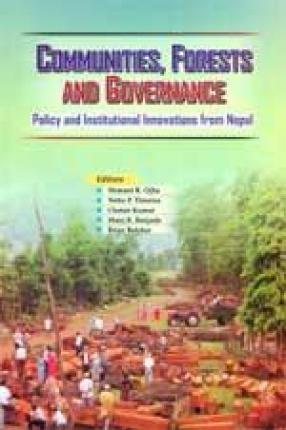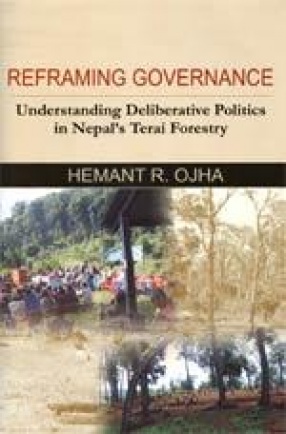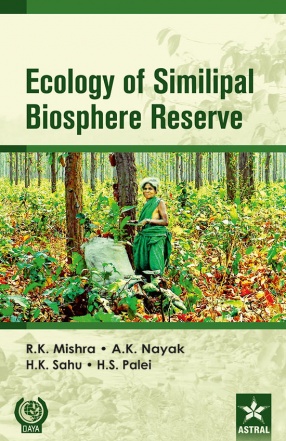These experiences to document lessons from different CBFM initiatives that have taken place over the past few decades in Nepal. The book analyzes not only the dynamics of community-level interactions but also how policy and programme processes shape, determine and influence the practices and outcomes of community-based natural resource management activities. Together, the eight chapters of the book demonstrate the pitfalls and potentials of community-based and collaborative management programmes. In particular, the analysis highlights the slow progress achieved when programmes are implemented without a basic consensus on the broad framework for decision-making, making them highly contested in practice. The Nepal experience shows the importance of deliberation on policy and programme agendas with affected people, including local communities. While community-based approaches are often assumed to be more equitable, the case studies in this volume show the limits of devolution (moving power from state to community) and the importance of strengthening the capacity of community organizations to become effective and equitable managers of forests. At the same time, the cases show the degree of autonomy that is needed to provide the conditions for effective local-level collective action and resilient local institutions. Perhaps what is most important is that these stories show how, over time, community-based forestry programmes move beyond a narrow conception of a ‘government programme’, to an independent social arena where civil society groups, state agencies and international actors contest each other for diverse resources, power and positions. Nepal’s experience shows the potential of civil society action at multiple scales to make forest governance transparent, accountable and democratic. The degree to which community-based programmes address issues at upper layers of governance, such as district or other sub-national arenas is rarely considered by programme planners, yet the empirical examples illustrate the importance of integration of these levels. This kind of integration and accountability is crucial in order to combat the ways to which subtle agendas of centralization are promoted in the name of participation, devolution and decentralization. Finally, the book demonstrates the importance of learning, negotiation and experimentation to achieve successful, sustainable and democratic forest governance in Nepal.
Reframing Governance: Understanding Deliberative Politics in Nepal’s Terai Forestry
The book develops a fresh ...
$34.20
$38.00





There are no reviews yet.